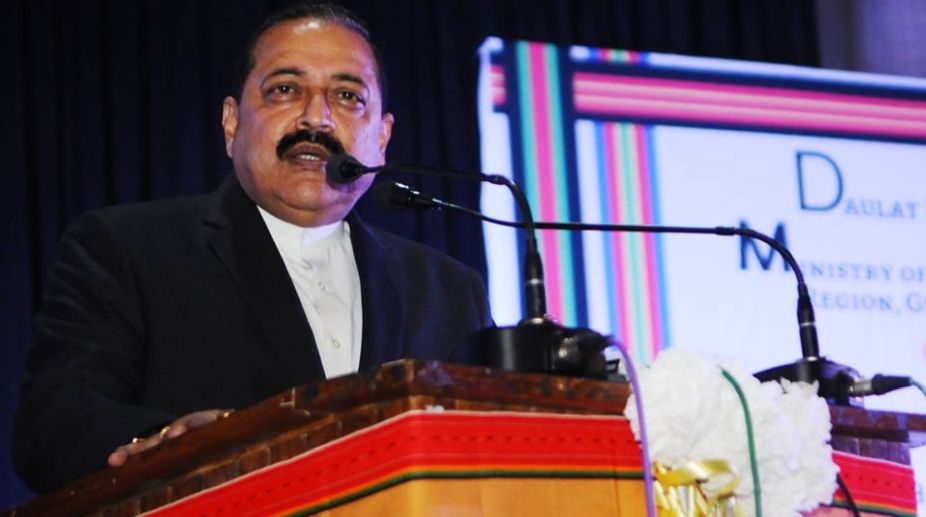Union Minister Jitendra Singh emphasised that Artificial Intelligence (AI) and blockchain technologies are no longer optional but the only viable choice for the future.
Addressing the National Conference on Cybersecurity, Artificial Intelligence, and Blockchain at the PHD Chamber of Commerce and Industry, he said, “The challenge lies in best utilising these technologies for the benefit of mankind.”
Advertisement
Dr. Singh acknowledged that cybersecurity and the challenges posed by next-generation technologies are a global concern, with India being no exception. He noted the rapid pace of technological development in the past decade, driven by Prime Minister Narendra Modi’s vision of innovation and technological advancement. However, he also pointed out that technology is a double-edged sword, with malicious actors potentially exploiting these advancements.
The minister also referred to the pioneering initiatives taken by his ministry to improve citizens’ lives. One notable example was the Department of Pensions, which was among the first to adopt face recognition technology for issuing Digital Life Certificates. This initiative enables pensioners to obtain their certificates from the comfort of their homes without the need for physical presence at banks or government offices.
Dr. Singh emphasised that the challenges posed by technology should be addressed using technology itself. He stated that AI should be an assistant to humans, rather than a tool for domination. Sharing an example from the Department of Administrative Reforms and Public Grievances (DARPG), he noted that while AI has significantly enhanced grievance resolution, human emotional intelligence remains crucial. Despite achieving a 95% grievance disposal rate, citizens sometimes feel dissatisfied, prompting the establishment of a Human Desk in December 2023 to address these concerns.
He also highlighted how AI has been used to better analyze and resolve grievances through the CPGRAMS portal, which serves as a model for other nations. The minister also underscored that the current government is open to collaborating with non-governmental players to address the future challenges of technology. He referred to the recently approved Bio e3 policy, which enables India to adjust to global economic shifts and contribute significantly to the global stage. Additionally, Dr. Singh spoke about the Anusandhan NRF, which has reduced the nation’s dependence on government funds. Through the NRF, nearly 60-70% of funding will come from private sources.
He also highlighted the growth of startups in the past decade, noting that India has witnessed a significant increase in the number of startups, from just 350 to nearly 1,900. He emphasised the need for synergy and collaboration, urging all stakeholders to work together to tackle antisocial elements and vested interests, with the ultimate goal of making India a ‘Viksit Bharat’ (developed India) by 2047. He also recognised the critical role that forums like the PHD Chamber of Commerce and Industry play in achieving this vision.









